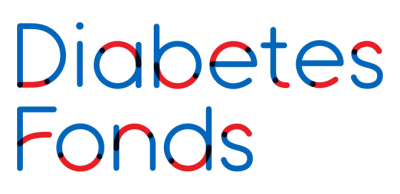Carnitine supplementation as a therapy for Type 2 diabetic patients
Type 2 diabetes is becoming a huge health problem worldwide. These individuals are less sensitivity to the hormone insulin, which is responsible for the uptake of glucose from the blood into the tissues. They are not able to switch between the oxidation of fat in the fasted state and the oxidation of glucose after a meal; this is called metabolic inflexibility and is an early hallmarks in the development of type 2 diabetes.
Recent evidence from preclinical studies suggests that insulin resistance and metabolic inflexibility is due to a low availability of carnitine in skeletal muscle. When carnitine is given to animals, insulin sensitivity and metabolic flexibility is restored. In humans, carnitine supplementation is sometimes also beneficial, but not in everyone. It was hypothesised that this variability in response is due to differences between individuals in the amount of carnitine in the muscle i.e. only subjects with a low initial carnitine status will benefit from supplementation.
Recently a novel non-invasive MRI-based method was developed that enables measurement of acetylcarnitine in muscle. This method identifies patients with low muscle acetylcarnitine status. It was found that indeed type 2 diabetic patients benefit from carnitine supplementation, but this beneficial effect was independent of initial acetylcarnitine status.



